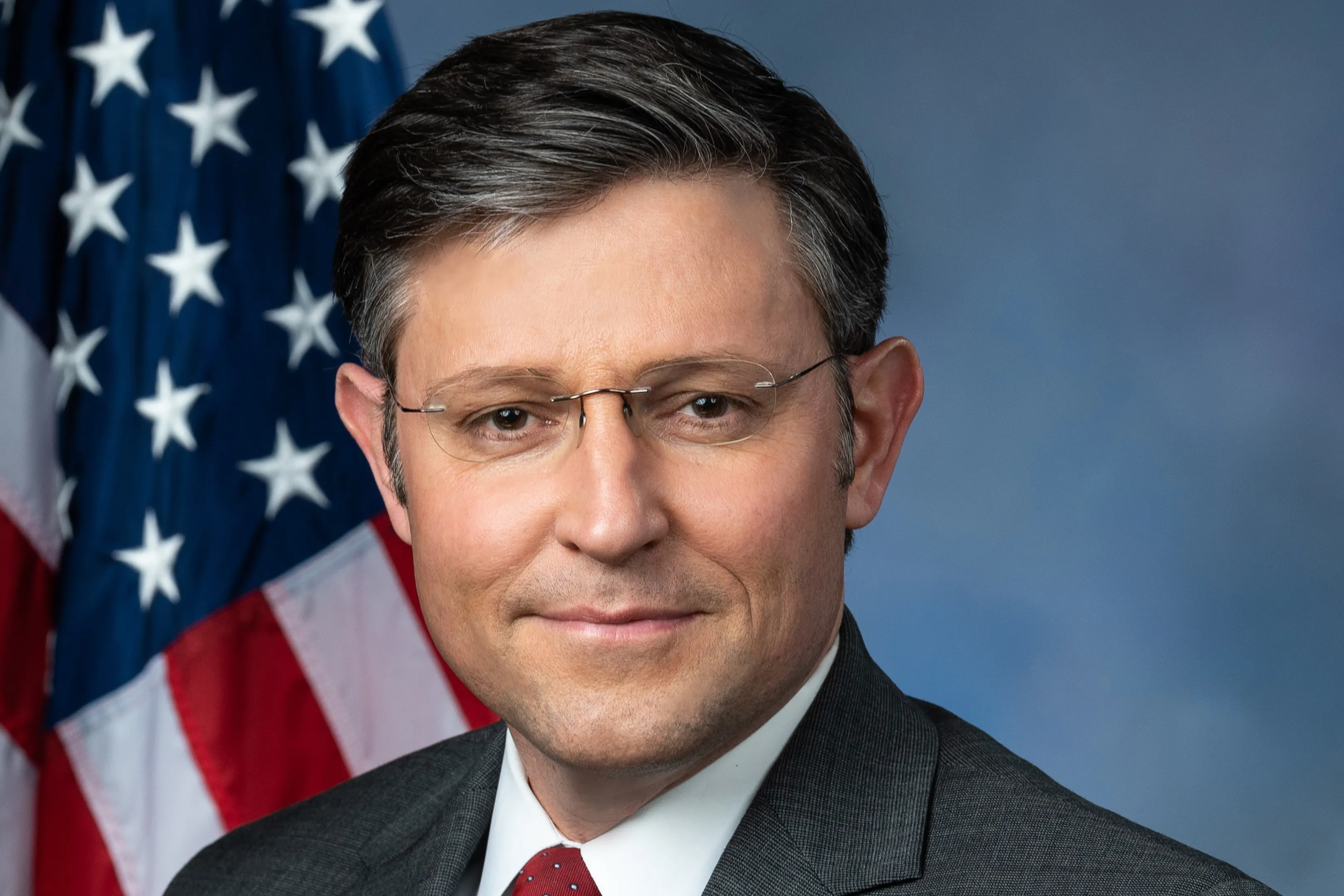
Daily Audio Newscast - July 7, 2025
© AlexLMX - iStock-823000260
Six minutes of news from around the nation.
Flooding looms as searchers scramble to find missing in TX; CT educators frustrated by feds withholding school funds; NM renewable energy advocates decry 'herky-jerky' policies; AR hunger rating could worsen under new federal budget; AARP invests in CO projects to make communities more livable.
TRANSCRIPT
The Public News Service daily newscast July the 7th, 2025.
I'm Mike Clifford.
An alert that was sent Sunday afternoon warned people along the Guadalupe River to move to higher ground.
The death toll rose to 80 and dozens remained unaccounted for, including 10 girls from a summer camp on the river.
That from the New York Times.
Former Fox 7 Austin Morning Drive anchor Casey Claiborne and his family are vacationing in the area.
He says they escaped the catastrophe because the home sits high on a hill.
There was a debris line that had gone over the mailbox and it had receded back down, but it was just below the little guardrail on the side of a road.
It was an apocalyptic scene.
I could see a crashed car and the car was still on.
There was some sort of a kayak trapped underneath.
President Donald Trump has approved a major disaster declaration for Currick County following the storms.
The designation means residents will have access to federal funding for recovery efforts.
Next up, school may be out for summer, but Connecticut educators are planning ahead, and they're frustrated by the U.S. Department of Education withholding funds.
More than $6 billion already allocated for student and teacher support, and more are being withheld nationwide.
Several state attorneys general filed a lawsuit against the DOA for withholding money for student mental health, and critics of the congressional budget mega-bill say it could do more harm to schools and students.
Kate Diaz with the Connecticut Education Association says this money represents people's jobs.
When we look at a cut of $50 million that directly relates to the service providers in our schools, we are talking about teachers who teach English, our ESOL teachers, that are often funded through these grants.
We're talking about social workers, school psychologists, before and after school program workers, paraprofessionals.
Connecticut finished another school year with teacher shortages in all subject areas.
Diaz notes state officials must determine how to use part of the budget reserve to make up for some of the federal cuts educators are seeing.
State lawmakers plan to hold a special legislative session in September to determine how the state can respond to changes in federal funding.
I'm Edwin J. Vieira.
Renewable energy got the short shrift in the budget bill passed by Congress last week, and a New Mexico Trade Association says companies and their employees will suffer.
The bill quickly phases out tax incentives and investments for wind and solar power passed under the Biden era Inflation Reduction Act.
Jim Jadar-Dan, executive director of Renewable Energy Industries Association of New Mexico, says both consumers and businesses in the solar industry have made huge investments due to those incentives.
There's people who've got loans on their homes and overnight this bill is going to pull the rug out from underneath them.
So this will destroy thousands of businesses, will put tens of thousands of people out of work.
For what?
Why are we doing this?
I'm Roz Brown.
CNN tariffs revert back to their April 2nd rates on August 1 for countries that fail to nail down new trade deals with the US.
This is public news service.
The nation's largest advocacy group for people age 50 and older is investing more than $4.2 million, including 75,000 in Colorado to help make communities more livable for people of all ages.
AARP Colorado Associate State Director Marisa Volpe says the city of Fort Collins won a $20,000 AARP grant to host a series of hands-on workshops in both English and Spanish to make it easier for low-income residents to remain in their homes as they get older.
This is gonna focus on plumbing 101, water conservation for mobile homes and senior apartments.
And the event aims to really build do-it-yourself skills, reduce maintenance costs, and support aging in place.
AARP's Livable Communities Initiative has invested more than $24 million in some 1,700 projects since 2017, including 40 in Colorado.
The program funds innovative projects meant to inspire change in public spaces, housing, transportation and more.
I'm Eric Galatas.
And now that President Trump's big budget bill has been signed into law, Arkansas nonprofits that rely on federal funding to help people in need are trying to figure out how they'll continue to serve their clients.
The legislation calls for cutting billions of dollars from the Supplemental Nutrition Assistance Program or SNAP.
Lance Whitney with Arkansas Hunger Relief Alliance says it would cost food banks across the state almost $46 million a year to continue to help those who face food insecurity.
That does not include the cost of increased capacity needed to serve those individuals like in warehouse space, the vehicles, the staffing to hand out that, the refrigeration with those included, will ramp it up to an additional probably 10 million.
Arkansas has the highest food insecurity rate in the nation.
I'm Frida Ross reporting.
Finally, women who recently graduated from college are earning significantly less than their male counterparts.
A new study reveals that women from Pennsylvania and other states who earned bachelor's degrees within the past seven years earn an average of 18 percent less than similarly educated men.
Research from the National Association of Colleges and Employers finds that segregated work environments are the main reason for the disparity.
Mary Gata, a policy researcher and co-author of the report, says the problem is so prevalent that job analysts gave it a formal title.
Some of that, as we see in our survey, is attributed to men and women working in different industries and different types of work.
So we call this occupational sex segregation.
The Early Career Talent Survey interviewed 1,400 professionals who graduated between 2017 and 2023, including about 500 men and 900 women.
Farah Siddiqui reporting.
This is Mike Clifford and thank you for starting your week with Public News Service.
Member and listener supported.
Find our trust indicators at publicnewsservice.org.

















